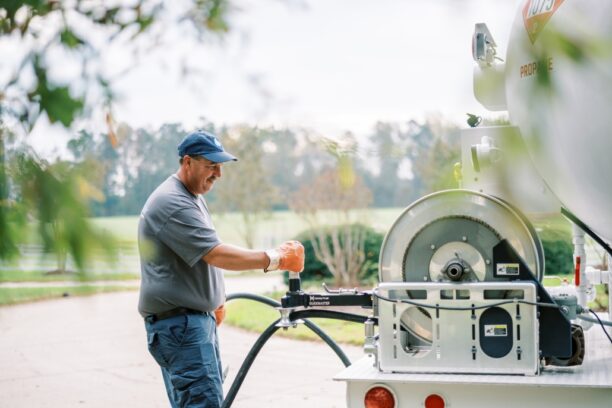Strategies for Propane Retailers to Enhance Business Growth

In the dynamic landscape of energy retail, propane businesses face a myriad of challenges that can impede growth and profitability. From fluctuating market prices to environmental concerns, navigating these hurdles requires strategic planning and innovative approaches. Here, we explore the key challenges faced by propane retailers and offer actionable solutions to boost business performance.
Market Volatility and Price Fluctuations
Propane prices are subject to market dynamics influenced by factors such as supply and demand, weather patterns, and geopolitical events. Fluctuations in prices can impact profit margins and consumer demand. To mitigate this challenge, propane retailers can adopt pricing strategies that incorporate hedging techniques to stabilize costs and provide predictability to customers.
Regulatory Compliance and Environmental Concerns
Environmental regulations governing propane storage, transportation, and emissions continue to evolve, posing compliance challenges for propane companies. To address this, retailers should stay informed about regulatory changes and invest in technology and infrastructure upgrades to ensure compliance. This is where solutions like PropaneSafetyPro come in handy. Leverage digital tools such as this to navigate regulatory complexities with ease, ensuring adherence to safety protocols and minimizing risks.
Competition from Alternative Energy Sources
Propane faces competition from alternative energy sources such as natural gas, electricity, and renewable energy sources. To differentiate themselves, propane retailers can highlight the benefits of propane, such as its versatility, reliability, and cost-effectiveness. Investing in marketing campaigns that educate consumers about the advantages of propane for heating, cooking, and powering appliances can help expand market share.
Seasonal Demand Variations
Propane demand is highly seasonal, with peak consumption occurring during the winter months for heating purposes. During off-peak seasons, retailers may experience reduced sales and cash flow. To address this challenge, retailers can diversify their product offerings and services to cater to year-round demand. This may include offering propane-powered appliances, outdoor living products, or commercial services to industries such as agriculture and hospitality.
Customer Retention and Loyalty
Building and maintaining strong relationships with customers is essential for long-term success. Propane retailers can enhance customer satisfaction by providing exceptional service, timely deliveries, and proactive communication. Implementing customer loyalty programs and offering incentives such as discounts or referral bonuses can incentivize repeat business and word-of-mouth referrals.
Overcoming Challenges with Confidence
Propane companies face a range of challenges in today’s competitive market, but with strategic planning and innovative approaches, these obstacles can be overcome. By adopting wise pricing strategies, investing in technological upgrades to ensure regulatory compliance, educating the public about the benefits of propane, diversifying product offerings, and providing top-notch customer service, retailers can position themselves for sustained growth and success in the energy industry.













